After 2023, I've had my fill of 100+ hour sprawling mega-games for a while
It's about time that I had more of it to spare.
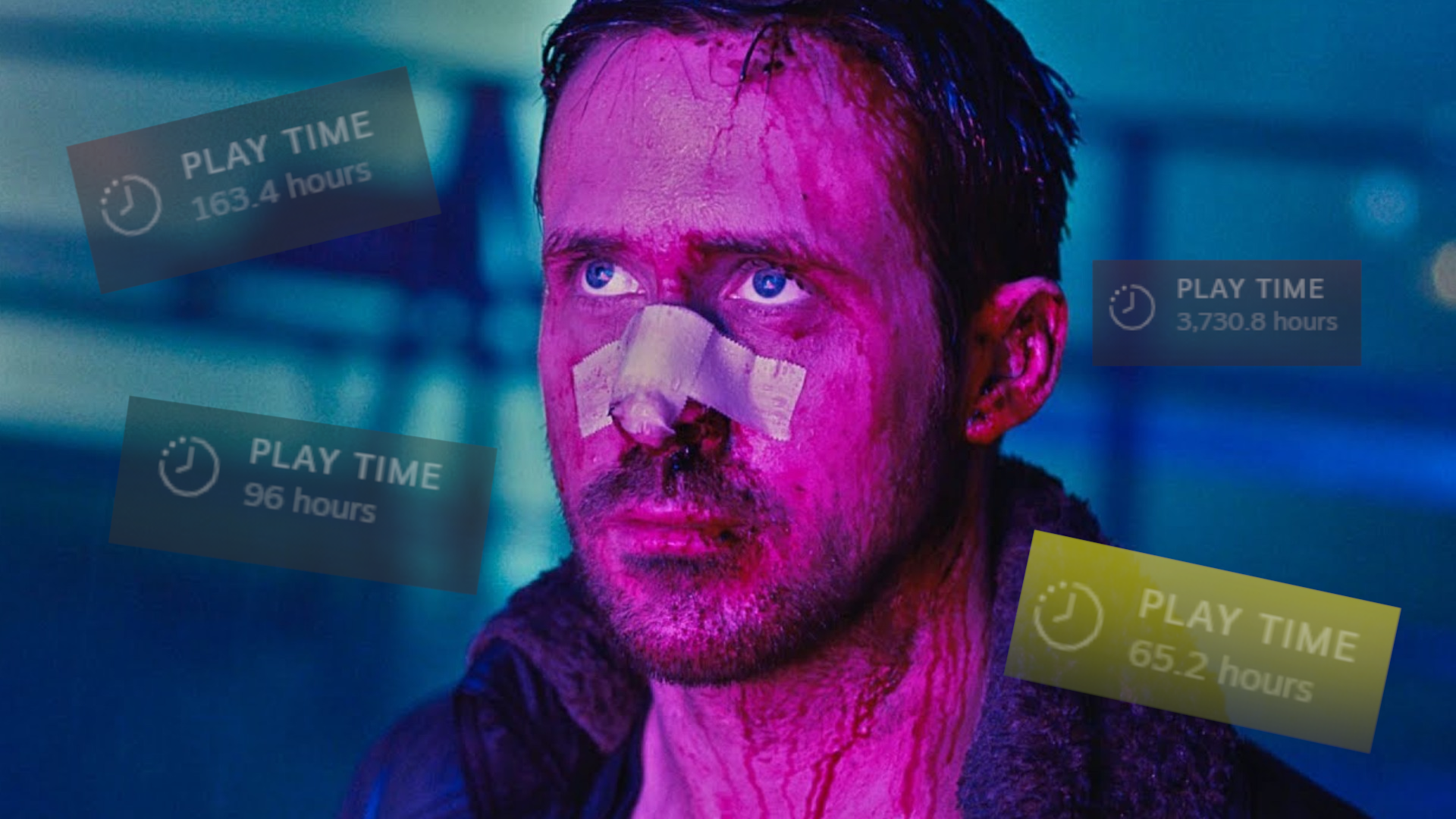
Games are big nowadays. That's not necessarily a bad thing—it's good to get value for your money. But the industry at-large has gone from having an identity Crysis over visual fidelity into wanting everything to be bigger, better, and forever. I'm left with a single question: is anybody else tired, dude?
Some time in the past decade or so, games with focused identities—like Assassin's Creed—began to unravel into huge open-world RPG collectathons. That's been somewhat redressed with Assassins Creed Mirage, but it's hardly the first series to swing that way.
God of War games went from hack-and-slash levels to big explorable worlds with side-quests, Mass Effect and Dragon Age both turned from RPGs with focused adventures to an MMO-like design with Inquisition and Andromeda. Even Rocksteady's Batman catalogue wasn't safe, going from an Asylum, to a City, to an even bigger City.
I mean, just look at Elden Ring. Souls games used to be something you could have a strong mental map of—I could probably draw a semi-accurate blueprint of the Undead Burg right now. I definitely couldn't for The Lands Between. I feel like I'm supposed to be happy about this curve towards a monolithic future, but I'm just not. I'm getting crotchety about it.
More of what I like should make me happy, right? Well, I like cake too, but I can only eat so much cake (allegedly). And I can only play so many 100+ hour-long games before I start to feel tired. There are two sides to this feeling, I think—the industry trends and my own personal fatigue, so I'm gonna talk about both.
Chasing bigness

As tech grows in power, our obsession with what that tech can do grows as well. During the PS2 era there was a boom in open-world titles—kick-started by a GTA trilogy and accompanied by games like Scarface, Shadow of the Colossus, and everyone's favourite pizza delivery simulator Spider-Man 2. With the generational leap to the 360 and PS3 came more: Oblivion, Crackdown, GTA 4, Red Dead Redemption, Saints Row—the list goes on. Cross-platform studios were thinking wide, finally able to match games like Everquest for scale.
We've been getting another one of those booms with the load times of the SSD and the relative cheapness of digital storage. Triple-A games tipped over the 100 gigs baseline recently, and we've all seen that genuinely incredible clip of Spider-Man getting flung like twenty city blocks in Insomniac's Spider-Man 2—the PS5 one, not the one where you deliver pizza to a midi banger.
Keep up to date with the most important stories and the best deals, as picked by the PC Gamer team.
Not only can these open worlds be flooded with more detail than ever, they can also be seamless. Suddenly, the allure of a massive open-world adventure becomes all too tempting. Devs are playing with their new toys to a tremendous effect, which I love for them on paper.
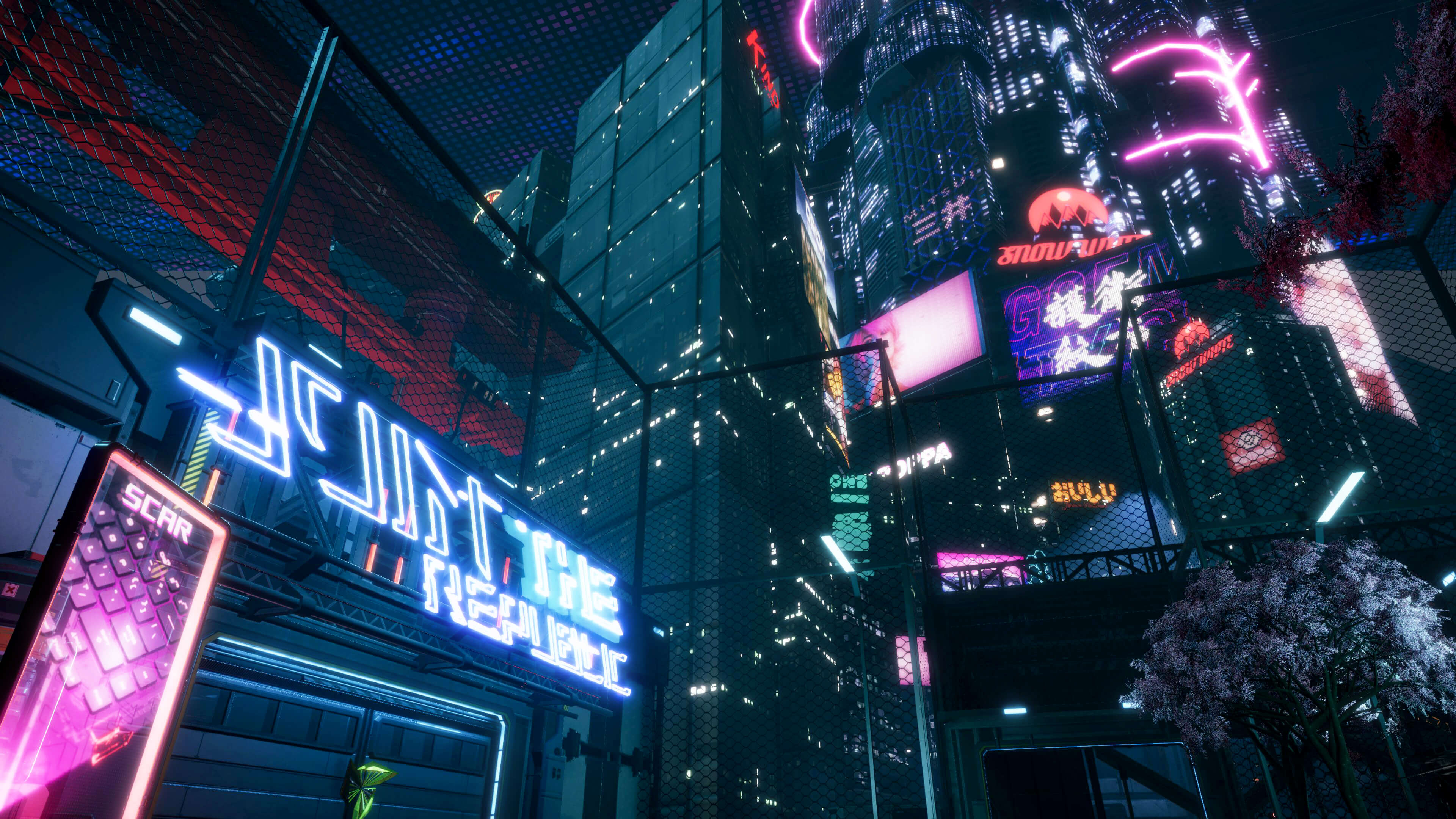
I mean, sure—graphical fidelity is still improving. Alan Wake 2 has been pushing the envelope of how downright gorgeous games can look, especially when you aren't shackled to the generational hardware upgrades of console gaming. AI-assisted upscaling technology is only bound to get better and less watery as the years tick on by.
However, I posit that we're past the point where impressive technical stuff wows audiences on its own. Games that look incredible nowadays need strong art direction as a baseline, which works in concert with leaps in tech—Alan Wake 2's beautiful, sure, but it's not that way just because a ton of money got thrown at it. In other words, glossy graphics aren't enough any more.
So if you're a big publisher concerned with impressing audiences with the new, it's easier to go for scale over beauty. We're still impressed by the big, so every game that wants to impress wider audiences will go for bigness. Bigness doesn't just have to mean open-world scale, too—it can be hours logged, replayability, whatever. Vast is in vogue.
This can work well sometimes, like with Baldur's Gate 3's sprawling multi-novel sized narrative. It can work terribly but get better over time, like with Cyberpunk 2077's 2.0 update and expansion Phantom Liberty. And it can risk almost sinking the ship entirely, like with Starfield and its empty-feeling procgen planets.
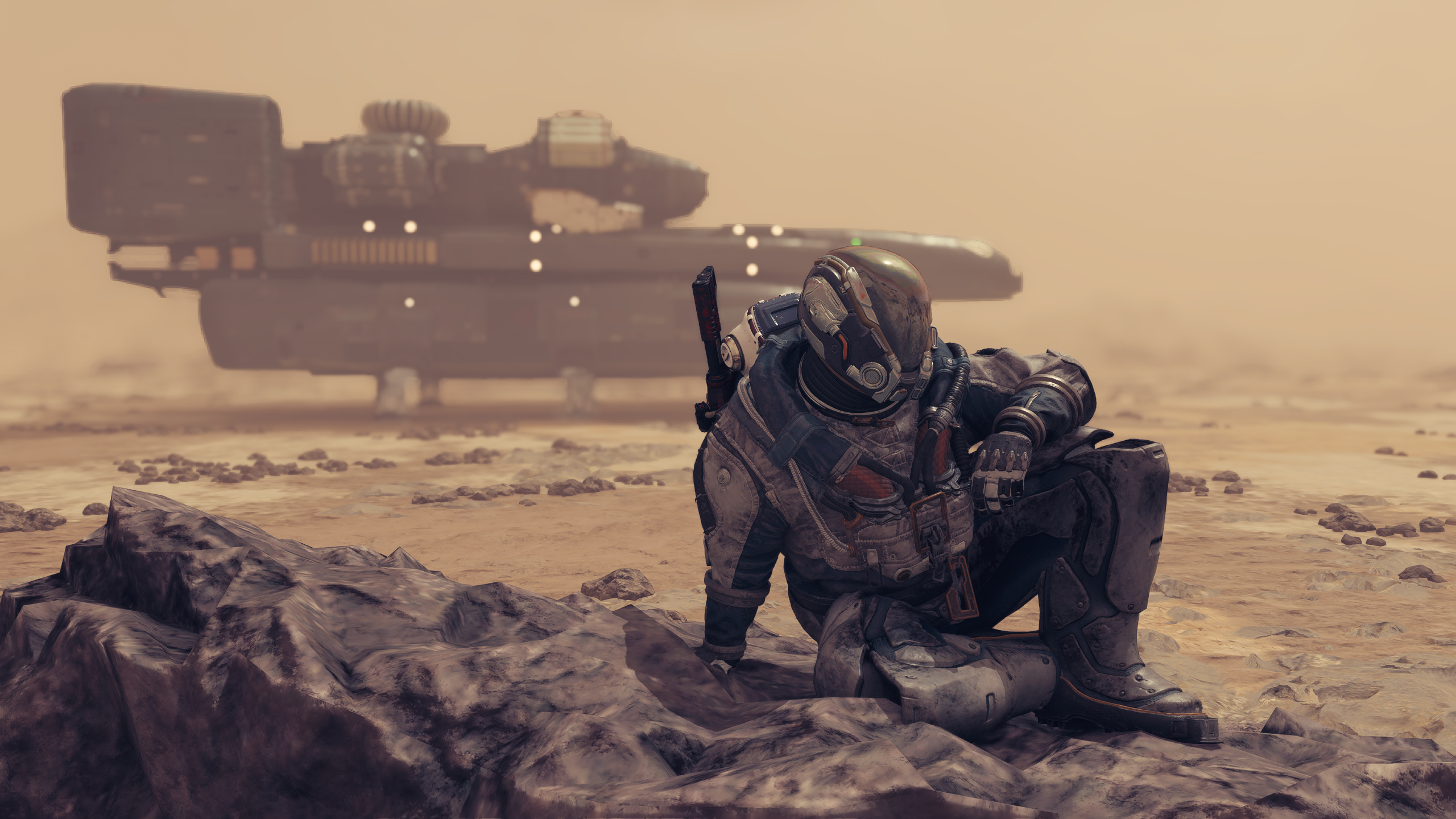
But I'm not here to talk about whether or not bigness in games is good. Like all design decisions, it either works or it doesn't. The issue we face is that, in an industry where games need to be marketed, one-upmanship is the flavor du jour. Bigger, better, more, more, more.
I like big shiny things sometimes, but when I think about the big, triple-A stunners of this year, only Alan Wake 2 really sits in my mind as being under 50 hours by design. Everything else has been made to keep your butt firmly taped to your seat for weeks—don't believe me? Todd Howard outright said it about Starfield, hours logged is a design goal.
The anatomy of an evening
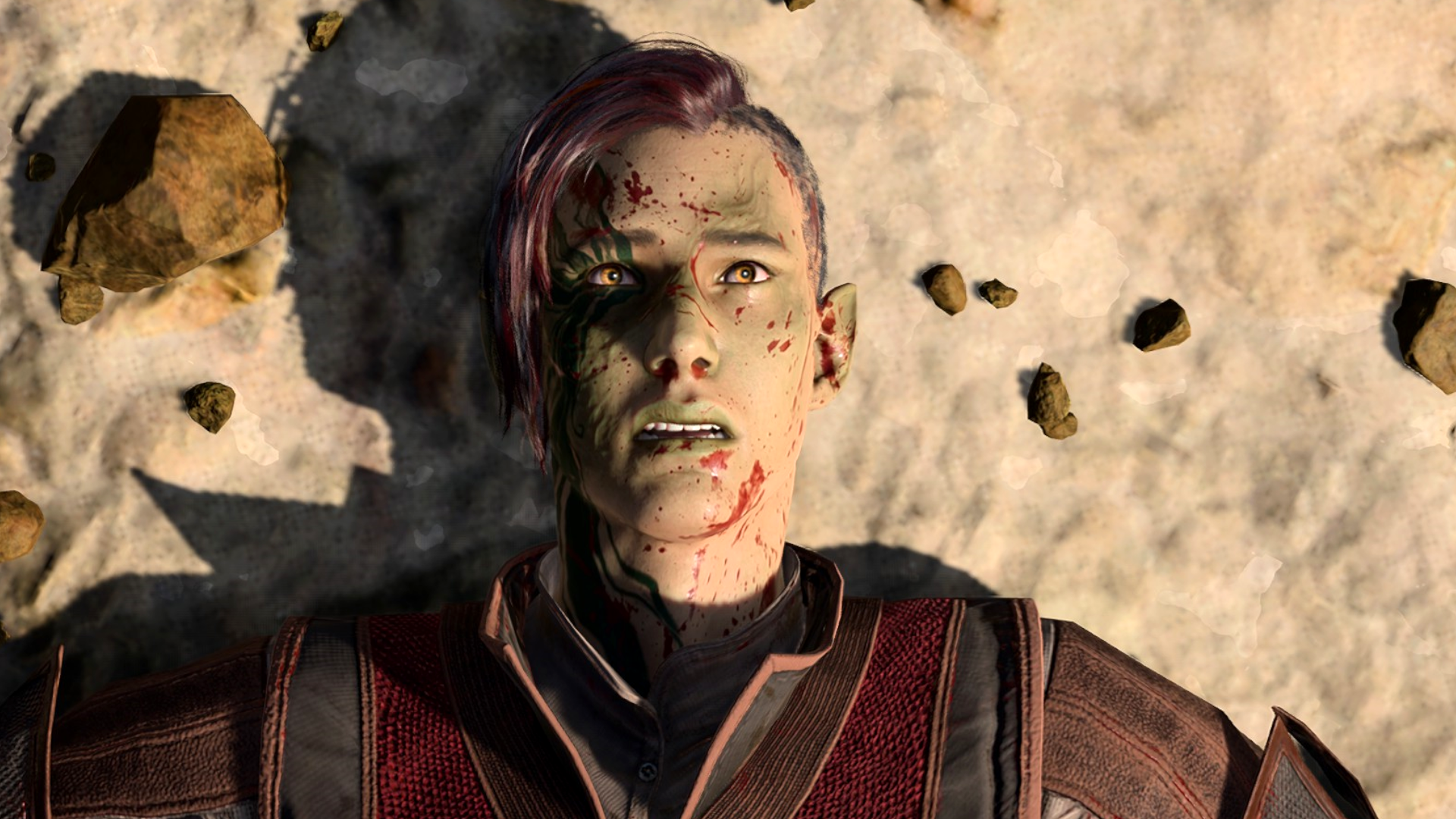
So here's what's been bothering me: as much as I like playing games forever, I also love finishing them. And this year, I just couldn't.
I've played about 65 hours of Cyberpunk 2077, all logged after Phantom Liberty came out. I got so close to rolling credits on the main story—but there were all these side missions I wanted to finish off, character storylines I wanted to see to their end. But other games (and other work) came along. I had a blast, but I didn't get to have a complete experience—and the longer I wait to return the harder it gets to do that.
Baldur's Gate 3 has the same problem. Even though I did actually finish a playthrough. I haven't capped off a second journey through the Sword Coast and I may never will. I ran into this problem with Elden Ring last year, too. My first journey was so incredible, but if I want to experience everything else? I need to use my evenings for things. Cleaning my apartment. Socialising. Hobbies. Playing the next time-vampire game. Sleep.
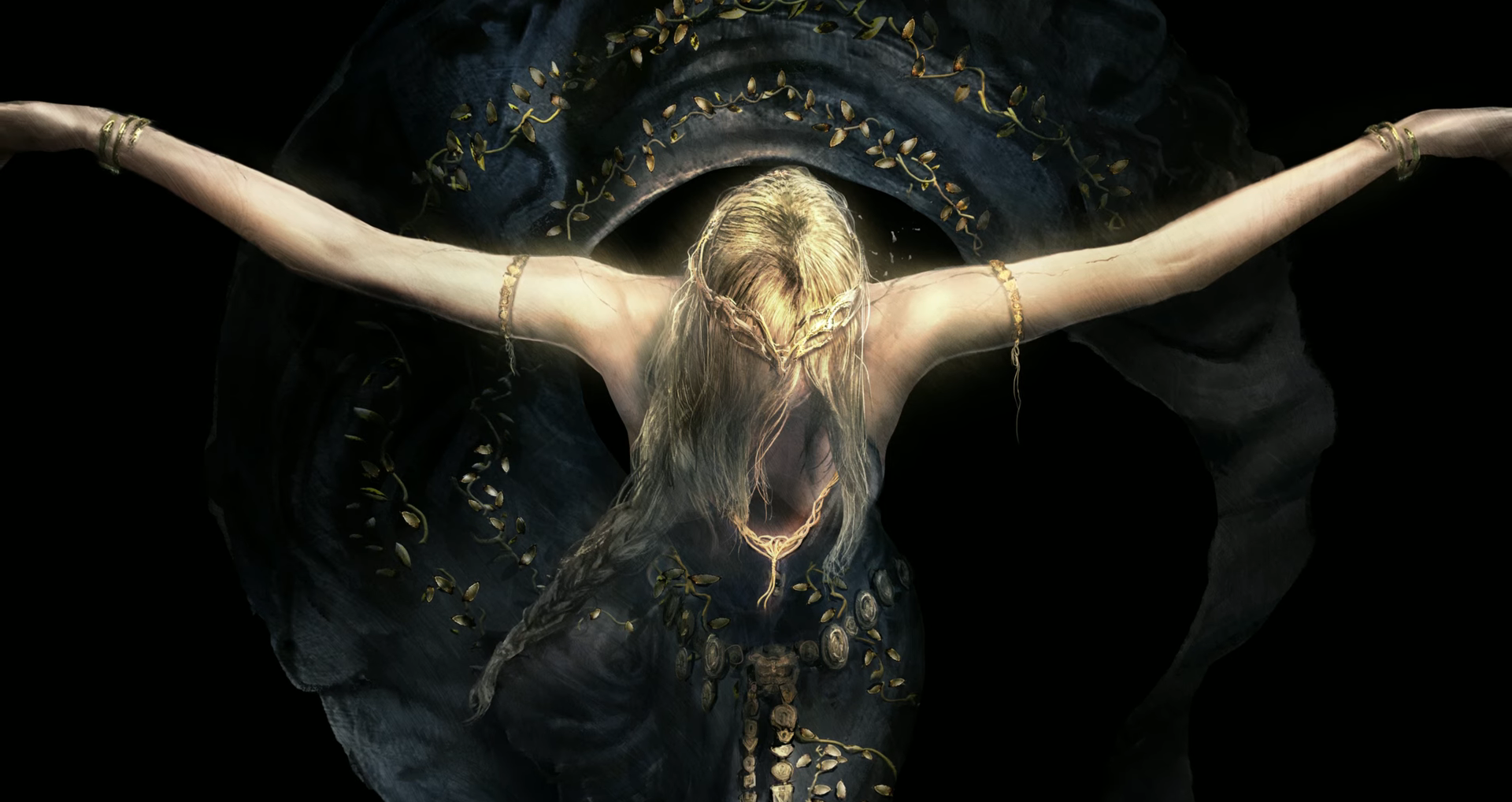
Imagine a world where, to keep up-to-date with movies, you had to choose one movie to watch for the next two months. You could watch more, but you'd have to ignore your piling dishes, inflict insomnia on yourself, or become a social hermit. Granted the age of streaming services hinges on serialised bingeing and sprawling cinematic universes, so maybe we're not that far off. Still: the sheer scale of games makes this all the more extreme. Anime fans probably feel our pain, though—one does not simply 'rewatch' Naruto.
There's just too much to do. Granted, there's no Live Service FOMO on a single-player RPG—but (just like nobody has the time to devote to more than one Genshin Impact or World of Warcraft) nobody has time to experience everything 2023 had to offer. Not in a reasonable time-frame, at least. Not if they want a balanced life.
Which sucks, because all of these games have so much to give—and a complete experience is lovely. I like to see a journey through to its end, or explore different story beats. What I don't like is drifting away from something I adored, but just didn't have time for. I'm sorry, Johnny Silverhand. It's not you, it's me.
You know what, I'll come right out and just say it: I hope we get smaller games next year. I hope we get 20-hour experiences from triple-A studios. I hope I get to sit down and play something in a weekend, something with a beginning, middle, and end. At least then I might have time to finally go and finish my Dark Urge run.

Harvey's history with games started when he first begged his parents for a World of Warcraft subscription aged 12, though he's since been cursed with Final Fantasy 14-brain and a huge crush on G'raha Tia. He made his start as a freelancer, writing for websites like Techradar, The Escapist, Dicebreaker, The Gamer, Into the Spine—and of course, PC Gamer. He'll sink his teeth into anything that looks interesting, though he has a soft spot for RPGs, soulslikes, roguelikes, deckbuilders, MMOs, and weird indie titles. He also plays a shelf load of TTRPGs in his offline time. Don't ask him what his favourite system is, he has too many.

